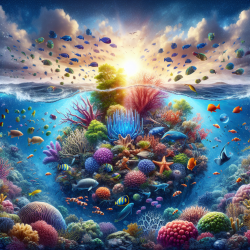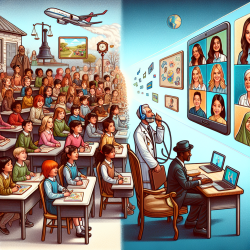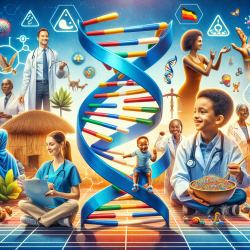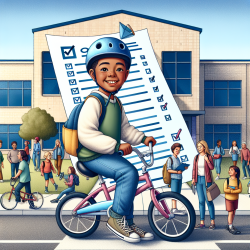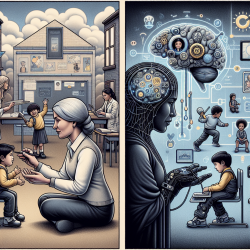The recent study "Historical Reconstruction Reveals Recovery in Hawaiian Coral Reefs" offers a fascinating glimpse into the resilience of coral reef ecosystems. This research not only highlights the potential for ecological recovery but also provides valuable insights that can be applied to educational practices. By understanding the intricate balance between social and ecological systems, educational practitioners can foster resilience and sustainability in their teaching methods.
The Significance of Historical Reconstruction
The study conducted by Kittinger et al. (2011) delves into the historical trajectories of coral reef ecosystems in Hawaii over a span of 700 years. It reveals periods of recovery that challenge the conventional notion that human impacts invariably lead to long-term environmental decline. These findings underscore the importance of understanding historical contexts and social-ecological interactions to promote sustainability.
Applying Ecological Insights to Education
Educational practitioners can draw parallels between the recovery of Hawaiian coral reefs and the development of resilient educational systems. Here are some key takeaways:
- Embrace Historical Context: Just as understanding historical trajectories is crucial for coral reef recovery, recognizing the historical context of educational practices can enhance teaching strategies. This involves acknowledging past successes and failures to inform future decisions.
- Sustainability through Adaptation: The recovery of coral reefs was facilitated by adaptive changes in social systems. Similarly, educators should remain adaptable, continuously evolving their methods to meet the changing needs of students and society.
- Interconnectedness: The study highlights the interconnectedness of social and ecological systems. In education, fostering a sense of interconnectedness among students can enhance collaborative learning and community engagement.
The Role of Social Systems in Recovery
The research emphasizes that changes in underlying social systems played a pivotal role in releasing reefs from anthropogenic stressors. For educators, this translates into creating supportive social environments that promote learning and growth. Encouraging collaboration among students, teachers, and communities can lead to more sustainable educational outcomes.
Encouraging Further Research
This study serves as a call to action for educational practitioners to engage in further research on the interplay between social systems and educational outcomes. By exploring how historical contexts influence current practices, educators can develop more effective strategies for fostering resilience and sustainability.
A Path Forward
The lessons learned from the recovery of Hawaiian coral reefs provide a powerful metaphor for educational practitioners. By embracing historical insights, fostering adaptability, and promoting interconnectedness, educators can cultivate resilient learning environments that thrive despite challenges.
Historical Reconstruction Reveals Recovery in Hawaiian Coral Reefs
